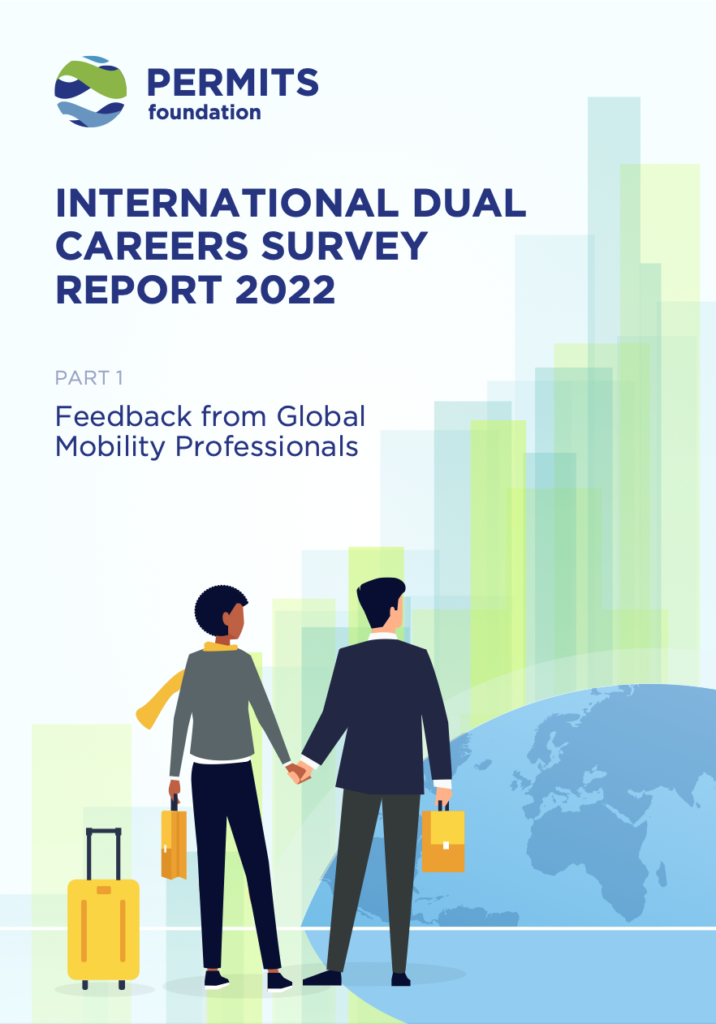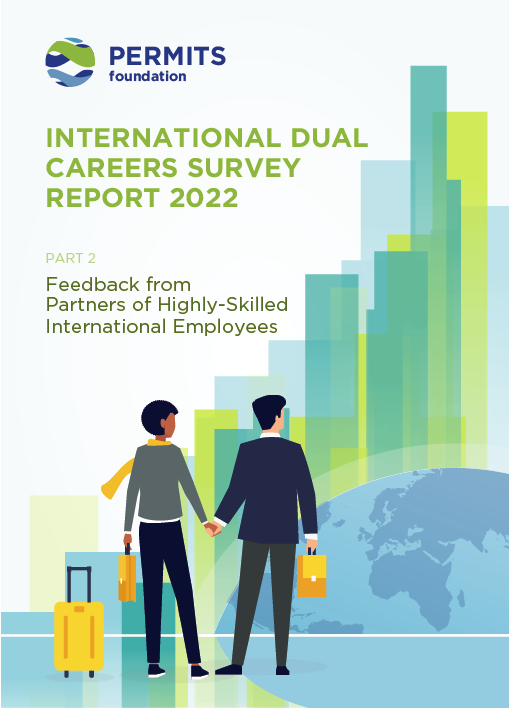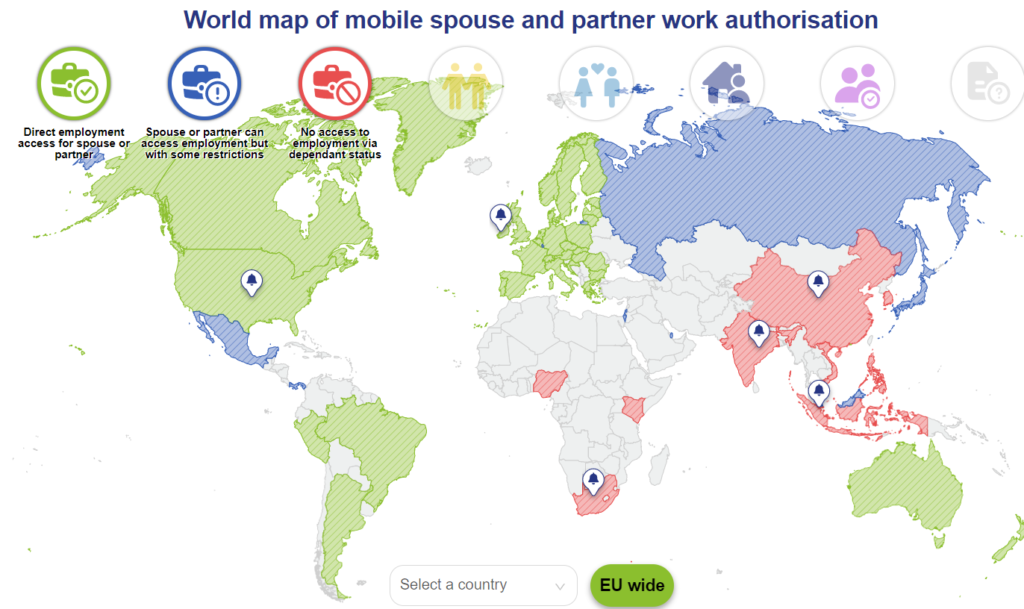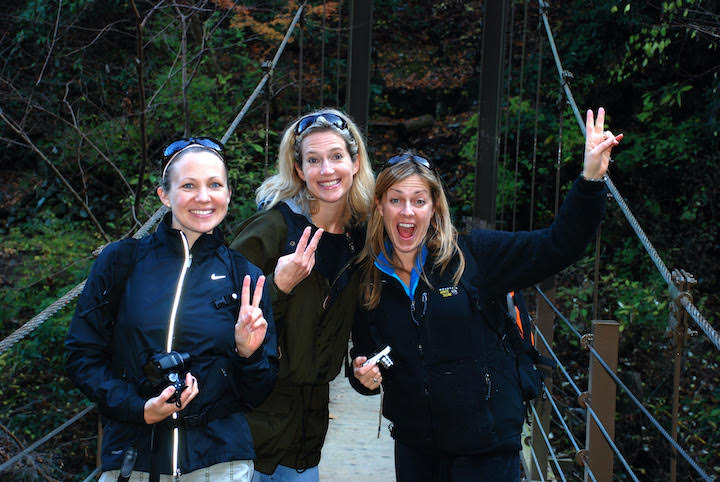What’s milder than a trigger warning? I need a phrase like that for when something is well worth sharing, but may cause you to gnash your teeth to bits if it hits too close to home. A night-guard warning?
Here’s some information that’s endangered my enamel this week and sent me flashing back to a hot kitchen from my former life:


Picture it: Seattle, 2009. The Great Recession, my husband’s new job, the collapse of local print journalism, and our family planning efforts had converged. The result? I went from being a go-go-go New York City journalist to a Seattleite with far too much time on my hands. Literally barefoot and pregnant and making a no-bake blueberry pie as an unprecedented heat wave bore down on the Pacific Northwest, I had to laugh at myself to hold back the wide-eyed panic at not recognizing the person I was becoming.
Eighteen months later, having found reliable childcare and grudgingly accepted that “temporary” relocation seemed likely to last for years, I began looking for something to get me out of the house regularly and keep my mind sharp. The local journalism scene was still reeling from the loss of The Seattle Post-Intelligencer, but I found plenty of opportunities to bring my time and talents to the booming nonprofit sector, from tiny startups all the way up to the Bill and Melinda Gates Foundation.
And that’s where I had my very first a-ha moment related to trailing spouses — specifically, the “Golden Cage” phenomenon of dependent spouses stuck without work permits despite having all kinds of advanced degrees and skill sets. All around me, nonprofits were keeping costs down and impacts up thanks to the unpaid labor of middle-class immigrants (i.e., transplants intending to stay put) and expats (i.e., long-term visitors). In return, the volunteers were establishing local networks and keeping their resume gaps from turning into gaping maws. How’s that for a silver lining?
The greatest minds of my relocation
While tutoring English-language learners, answering helpline phone calls, and organizing charity auctions, I made friends with Canadian, Indian, and Serbian volunteers galore — mostly women who had landed there as the result of their husbands being recruited by the region’s international tech industry. My own cross-country relocation woes and job-hunting frustrations paled in comparison to not even being legally allowed to work, on top of adapting to a foreign culture and language.
On the flip side, I’ve now seen similar issues among expat communities in India. Yes, some embassies, international schools, and multinational corporations offer priority hiring for spouses. Sure, the pandemic and remote-work technologies have made it easier to be entrepreneurial and/or work from anywhere in the world with decent WiFi. But at the end of the day, from the U.S. to India and in between? I’m routinely surrounded by career-oriented trailing spouses — including people with advanced degrees, more than a decade of work experience, and all kinds of special certifications and qualifications — thwarted from using their professional skills locally.
It’s such a waste! (Gnash, grind, gnash, grind… Where’s my night-guard?)
Do you agree? We’re not alone! Momentum is building on the need to improve international partner work access around the world, arguably kicked into high gear by the visible diversification of the trailing spouse community. (Hint: It’s not just wives anymore.) A new report by Permits Foundation, including analysis based on survey responses from Trailing-Spouse.com readers earlier this year, highlights the importance of partner work access.
Want to know more? Keep reading — and share with your networks.
The growing importance of international partner work access

Director of Permits Foundation, Helen Frew, explains why enabling dual careers in the global workplace is becoming increasingly important not only to families moving abroad but also to international employers and governments.
Employees and their families face many challenges when moving to a new country. The question of whether the accompanying partner can also access work has to be one of the top factors that can make or break the experience. If the answer is no, it can result in global assignments being refused or cut short. .
Founded in 2001 as a corporate initiative, Permits Foundation is the only organisation that advocates worldwide to help improve legislation so that partners of international employees can also access work when in the host country. This important issue is increasingly being recognised by employers as a key component of a successful posting. As a result, Permits Foundation is today sponsored by 40 major international companies and organisations.
The Foundation engages at government level and in target countries identified by our sponsor network. We work towards achieving the best practice model whereby partners of international employees are automatically authorised to work for any employer once their dependant status is recognised. Since the Foundation began in 2001, over 30 countries have changed their policy in this way. However in many other destinations there is still work to do

Permits Foundation’s world map shows where partners of international employees can directly access work.
Making the case for change
Part of the Foundation’s success is advocacy built on a strong evidence base. Our surveys produce timely data that we can present to governments and policy makers. In 2022, we published two new international dual-careers survey reports, part one giving feedback from employers and part two the perspective from partners themselves.
The latest findings, published on 17 October, show a striking link between partner employment access, success of an international assignment and family health, well-being and integration.
Key findings from the partner survey report:
- 76% of respondents were female
- 88% of respondents held a bachelor’s degree or higher
- 53% of partners were not in employment in the host country, 84% of those not employed wanted to be
- 26% of respondents were considering leaving the host country due to work access restrictions
- 56% of respondents said that not working had negatively impacted their mental health
- Only 20% had been given an opportunity to communicate their employment and career concerns with their partner’s organisation
Behind every set of data is a family. The comments we have received, really highlight the real life impact of policies in practice:
One partner wrote: “As an established professional with a masters degree, it has been so disappointing to not be able to work. My skill set is in high demand where we are located and I have had to turn down many job opportunities due to our work visa situation, it has put a financial strain on our family, not to mention, I miss my career.“
Another respondent said: “In 2022 it is easy to imagine how many households are dual working spouses. For more women to grow into senior leadership roles we need to see better access to work when relocating to other countries.”
What’s next?
Permits Foundation will now take the survey findings forward as we look to make improvements for international families in the US, Singapore, South Africa, China, and India. For example, we recently wrote to Prime Minister Narendra Modi and our research also underpinned this article in the Times of India.
The more organisations that give their support to our cause, the stronger our case for change. If achieving our goal has or would make a difference to your international experience, do let your (partner’s) employer know about the importance of our work. You can also follow Permits Foundation’s progress at www.permitsfoundation.com.
Helen Frew has 20 years of international advocacy experience spent in the U.K., Brussels and The Hague, representing organisations in both public and private sectors and helping them to engage and influence policy at government level.










